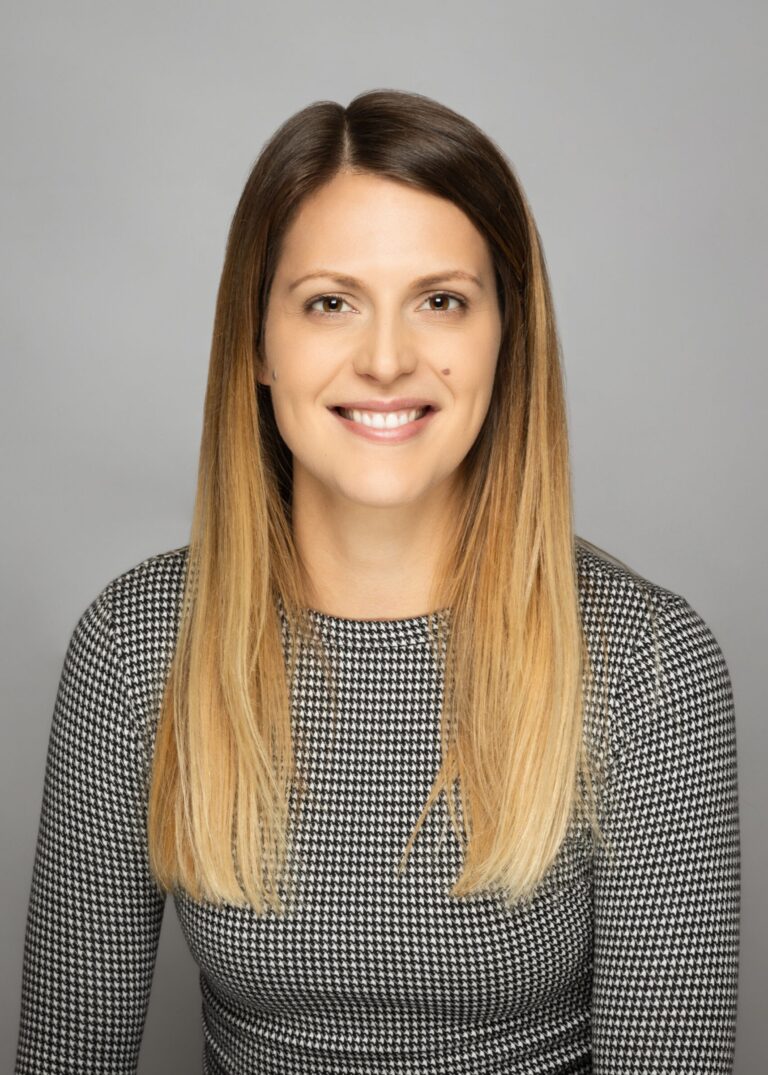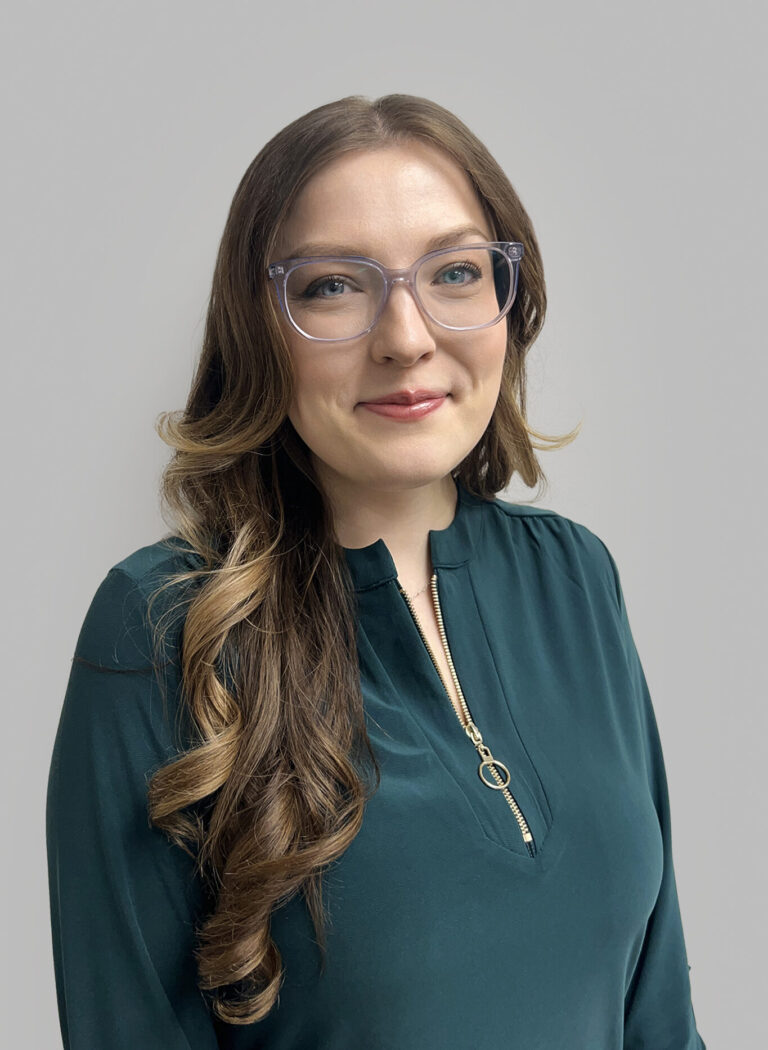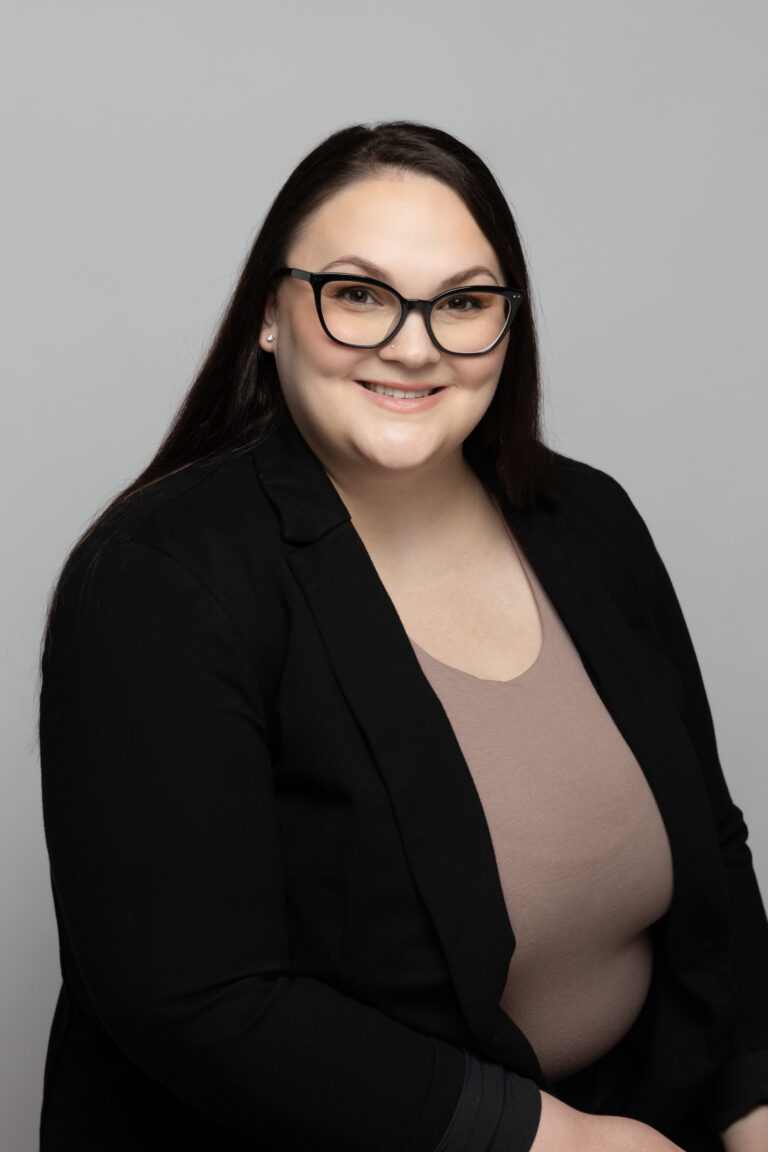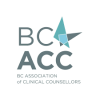ADHD Counselling in Victoria & langford, and online
Empowering Individuals With ADHD To Thrive And Succeed.
Do you or a loved one struggle with Attention-Deficit/Hyperactivity Disorder (ADHD)? Managing ADHD can be overwhelming, affecting focus, organization, emotional regulation, and daily life. At NeurAlive, we understand these challenges and provide specialized counselling to help you develop practical strategies, build confidence, and harness your strengths.
Our approach is holistic, combining evidence-based neurofeedback with compassionate, strengths-based counselling. We go beyond symptom management, working with you to improve executive functioning, enhance self-awareness, and foster resilience. Our experienced team is dedicated to empowering individuals with ADHD to unlock their full potential and create a path toward success in daily life, work, and relationships.
Meet Our ADHD Therapists
Whether you’re navigating the challenges of ADHD or seeking guidance for a loved one, our team of specialized ADHD counsellors at NeurAlive is here to help. You can book a consultation directly with the therapist of your choice, or if you need assistance, schedule a free consultation with our Intake Team, who will help match you with the right therapist to support focus, confidence, and overall well-being.

Reg. Clinical Counsellor
NEW To NeurAlive
Accepting New Clients
Victoria & Online
Specializing in working with youth (12+), adults, couples; ADHD, Anxiety, Depression, Men's Mental Health, Grief, Relationship Issues, Life Transitions, Stress, Self-Esteem, and Coping Skills.

Reg. Clinical Counsellor
Certified ADHD Specialist
NEW To NeurAlive
Accepting New Clients
Langford & Online
Specializing in working with youth (16+), adults, men, parents; anxiety, depression, ADHD, stress, burnout, grief/loss, self-esteem, relationship issues, parenting, loss of meaning, aging, life transitions, and adult learners in post-secondary education.

Reg. Clinical Counsellor
Certified ADHD Specialist
NEW To NeurAlive
Accepting New Clients
Langford & Online
Specializing in working with children (10+), youth, adults, parents, immigrants; ADHD, Anxiety, Depression, Substance Use, Grief & Loss, Life Transitions, Neurodivergence, and Trauma.

Reg. Clinical Counsellor
Neurofeedback Practitioner
NEW To NeurAlive
Accepting New Clients
Langford & Online
Specializing in working with youth (13+), adults, and couples; Neurofeedback, Trauma, EMDR, Anxiety, Depression, OCD, Neurodivergence (ADHD, Autism), Relationships, and Life Transitions.

Reg. Clinical Counsellor
Accepting New Clients
Langford & Online
Specializing in working with youth (16+), adults, parents, men and first responders; trauma, anxiety, depression, addictions, men's mental health, ADHD, autism, neurodivergence, disabilities, first responders, attachment disorders, grief/loss, workplace stress, and life transitions.

Reg. Clinical Counsellor
Reg. Art Therapist
Accepting New Adult Clients
Waitlist For Children
Victoria & Online
Specializing in working with children, youth, adults, and parents/caregivers; trauma, PTSD/C-PTSD, anxiety, depression, grief and loss, relationship challenges, parenting, life transitions, emotional regulation, and communication.

Reg. Clinical Counsellor
Accepting New Clients
Victoria & Online
Specializing in working with youth (16+) and adults; acute and complex trauma, PTSD, anxiety, depression, stress, self-esteem issues, shame, life transitions, career change, emotional regulation, communication skills, ADHD, and borderline personality disorder.

Reg. Psychologist
Accepting New Clients
Langford & Online
Specializing in working with youth (14+) & adults; stress, anxiety, depression, emotional imbalances, acute and complex trauma, poor self-concept, relational issues, interpersonal violence, ADD/ADHD, life transitions, and grief and loss.

Reg. Clinical Counsellor
Not Taking New Clients
Victoria & Online
Specializing in working with adults, couples, parents, and youth (16+); anxiety, depression, self-esteem, ADHD, relationship challenges, parenting, creating families, shame, emotional regulation, and communication skills.

Reg. Clinical Counsellor
Accepting New Clients
Langford & Online
Specializing in youth (12+), adults, couples, parents and families; trauma, anxiety, depression, emotional distress, men's issues, family violence, conflict resolution, life transitions, ADHD management, grief and loss, and end-of-life.

Reg. Clinical Counsellor
Accepting New Clients
Langford & Online
Specializing in working with children (5+), youth, adults, and parents; play therapy, parenting support, ADHD, Autism, relationship challenges, stress, trauma, mood/personality disorders, grief/loss, anxiety, depression, emotional regulation, communication skills, and life transitions.

Reg. Clinical Counsellor
Certified ADHD Specialist
1-2 Month Waitlist For New Clients
Langford & Online
Specializing in working with youth (12+), adults, families; anxiety, ADHD, OCD, stress, self-esteem development, self-discovery, relationship and interpersonal issues, emotion dysregulation, communication skills, LGBTQ2S+ & gender identity support, and adolescent behavioural challenges.
Our Services
We offer counselling to youth 12+ and adults with ADHD, and neurofeedback to both children and adults of all ages. We anticipate having an ADHD-focused child therapist to work with younger children in the fall (let us know if you want to be added to the waitlist!). Clients are welcome to access counselling or neurofeedback individually, or in combination for best results.
Individual Counselling: Our individual counselling sessions offer a safe and non-judgmental space for you to explore the complexities of ADHD. Our ADHD-focused adult and youth therapist, Rhiannon Harding, will work closely with you to develop personalized strategies for managing symptoms, improving organization, focus and attention, and enhancing overall well-being.
Family Counselling: We understand that ADHD can impact the entire family. Our family counselling services provide a supportive environment where family members can learn effective communication strategies, establish routines, and develop a deeper understanding of ADHD. By working together, we can strengthen family relationships and create a nurturing environment for growth.
Neurofeedback: NeurAlive regularly provides neurofeedback for children and adults who face challenges associated with ADHD—offering a natural, painless, and medication-free approach to teaching the brain to manage unwanted symptoms. Learn more about neurofeedback, a research-backed method that helps the brain reorganize itself for optimal function. After repeated sessions, clients with ADHD report increased focus, improved sleep, mood, and memory, as well as decreased distractibility, overwhelm, and impulsiveness. Schedule a free consultation to explore whether neurofeedback is the right fit for you or your loved one.
Expertise: Our team of counsellors specializes in ADHD and has extensive experience working with individuals of all ages. We stay up-to-date with the latest research and treatment modalities to provide the highest level of care.
Personalized Approach: We recognize that each person with ADHD is unique. That’s why we develop personalized treatment plans tailored to your specific needs, goals, and strengths. We believe in a collaborative approach, involving you in the decision-making process every step of the way.
Integrated Treatment: By combining evidence-based counselling techniques, we offer a comprehensive and integrated approach to ADHD treatment. This approach has shown significant benefits in symptom reduction and overall well-being.
Supportive Environment: At NeurAlive Counselling, we provide a warm and welcoming atmosphere where you can feel comfortable sharing your experiences and concerns. We are committed to creating a safe space for you to explore, grow, and thrive
FAQ
Frequently Asked Questions
How Can Counselling Help With ADHD?
Counselling can be a valuable component in managing ADHD (Attention Deficit Hyperactivity Disorder). While it does not directly treat the neurological condition itself, counselling can help individuals with ADHD in various ways. A counsellor can provide psychoeducation about ADHD, helping the person and their family understand the challenges and strategies to cope effectively. Counselling can also assist in developing practical skills for time management, organisation, and improving focus. Additionally, it can address any emotional or social difficulties that may arise due to ADHD, such as low self-esteem, frustration, or relationship issues. By offering support, coping mechanisms, and tools for better self-regulation, counselling can empower individuals with ADHD to enhance their daily functioning, build resilience, and improve their overall quality of life. For a comprehensive approach, counselling may be combined with other treatments, like medication or behavioural therapy, to achieve the best outcomes for those with ADHD.
What Should I Expect In An ADHD Counselling Session?
In an ADHD counselling session, you can expect a supportive and understanding environment that caters to the unique needs of individuals with ADHD. The counsellor will have specialised training and experience in working with ADHD clients. The session may start with the counsellor gathering information about your ADHD symptoms, challenges, and goals. Expect discussions on various aspects of ADHD, including its impact on your daily life, relationships, and emotions. The counsellor may help you identify patterns of behaviour and thought that are affected by ADHD and provide strategies for managing impulsivity, improving focus, and organisation. Additionally, counselling can address any emotional issues related to ADHD, such as anxiety or low self-esteem. The goal is to empower you with coping skills, practical tools, and support to better navigate through the challenges of ADHD and achieve personal growth and overall well-being.
Can Counselling Be Used As The Primary Treatment For ADHD, Or Do I Need Other Interventions?
Counselling can be a beneficial and valuable part of the treatment plan for ADHD, but it is generally not used as the primary or sole treatment. ADHD is a neurodevelopmental disorder, and its core symptoms are best addressed through a combination of interventions. The primary treatments for ADHD typically include medication and behavioural therapy. Medication, such as stimulants or non-stimulants, can help improve attention, focus, and impulse control. Behavioural therapy, like cognitive-behavioural therapy (CBT), can assist in developing coping strategies, organisational skills, and behaviour modification techniques. Counselling can complement these primary treatments by providing support, education, and addressing any emotional or social issues related to ADHD. The combination of these interventions offers a more comprehensive approach, improving the overall management of ADHD and enhancing the individual’s quality of life. If you or your child has been diagnosed with ADHD, it is essential to work closely with healthcare professionals to determine the most suitable and effective treatment plan.
How Will Counselling Address My Specific ADHD Symptoms And Challenges?
Counselling can address your specific ADHD symptoms and challenges through various therapeutic approaches. A skilled counsellor will first conduct a comprehensive assessment to understand the unique ways in which ADHD impacts your life. They will work with you to set personalised goals for counselling, such as improving time management, organisation, and impulse control. Counselling can help you develop coping strategies for managing distractions and improving focus. Additionally, the counsellor may explore any emotional issues related to ADHD, such as low self-esteem or anxiety, and provide support and techniques to address these concerns. Through psychoeducation, you can gain a better understanding of ADHD and its effects, empowering you to make informed decisions about managing your symptoms. The ultimate aim of counselling is to equip you with practical tools, insights, and emotional support to enhance your daily functioning, well-being, and overall quality of life with ADHD.
What Qualifications And Experience Does Your Counsellor Have In Working With ADHD Clients?
Our counsellors who specialise in working with ADHD clients hold a minimum of a master’s degree in counselling, psychology, or a related field. They have received specialised training and certifications in ADHD and its treatment. Look for counsellors who are experienced in working with clients diagnosed with ADHD across different age groups, as their approach may vary depending on whether they work with children, adolescents, or adults. Our experienced counsellors will have a deep understanding of ADHD’s impact on daily functioning, relationships, and emotional well-being. They are well-versed in evidence-based therapeutic approaches for ADHD, such as cognitive-behavioural therapy (CBT), behaviour modification techniques, and mindfulness practices. Still, it is important to inquire about their qualifications, credentials, and experience in this area to ensure they have the expertise and knowledge needed to provide effective support and guidance for your specific ADHD-related concerns.
Can Counselling Help With Time Management, Organisation, And Focus Difficulties?
Yes, counselling can be very helpful in addressing time management, organisation, and focus difficulties. A skilled counsellor can work with you to understand the underlying factors contributing to these challenges and develop personalised strategies to improve these areas. They can help you identify patterns of behaviour and thoughts that affect your time management and organisation skills. Through cognitive-behavioural techniques and practical tools, counselling can help you enhance your ability to plan, prioritise tasks, and stay organised. Additionally, counselling can address any emotional factors that may be impacting your focus and concentration, such as stress or anxiety. By exploring these issues in therapy, you can gain a better understanding of yourself and your specific challenges, leading to improved time management, organisation, and focus in your daily life.
How Can Counselling Support Me In Coping With Emotional Challenges Related To ADHD?
Counselling can be instrumental in supporting individuals in coping with emotional challenges related to ADHD. A counsellor with expertise in ADHD can help you explore the emotional impact of the condition, such as frustration, low self-esteem, or anxiety. They provide a safe and non-judgmental space for you to express your feelings and process emotions associated with ADHD. By developing coping strategies and emotional regulation techniques, counselling can help you manage intense emotions and reactions. The counsellor can also address any co-existing conditions, such as depression or anxiety, that may influence your emotional well-being. Through counselling, you can gain insights into your emotional challenges, build resilience, and develop healthier coping mechanisms, leading to improved emotional well-being and a more fulfilling life despite the challenges of ADHD.
Can Counselling Help With Improving My Academic Or Work Performance?
Yes, counselling can be beneficial in improving academic or work performance. A skilled counsellor can help you identify underlying factors that might be affecting your performance, such as stress, anxiety, lack of motivation, or time management difficulties. By exploring these issues in therapy, you can gain a better understanding of yourself and your specific challenges. The counsellor can then provide support and guidance to develop effective strategies to address these concerns. They can help you set realistic goals, improve organisational skills, enhance study or work habits, and manage stress more effectively. Counselling can also offer valuable tools for improving focus, concentration, and overall performance. By working with a counsellor, you can develop the necessary skills and mindset to excel academically or in your professional career, leading to increased confidence and success in your endeavours.
Are There Specific ADHD Coaching Techniques Used In Counselling Sessions?
Yes, there are specific ADHD coaching techniques used in counselling sessions to support individuals with ADHD. ADHD coaching is a specialised approach that focuses on addressing the challenges associated with ADHD and enhancing executive functioning skills. Some common ADHD coaching techniques include setting realistic and achievable goals, breaking tasks into smaller steps, creating structured routines, and developing strategies for time management and organisation. The counsellor may also use behavioural strategies to reinforce positive habits and reduce impulsive behaviours. Additionally, coaching may involve providing feedback, encouragement, and accountability to help individuals stay on track with their goals. By incorporating these tailored techniques into counselling sessions, individuals with ADHD can develop practical skills and strategies to better manage their symptoms, improve focus, and achieve their personal and academic/work-related objectives.
Will I Need To Take Medication For ADHD As Well, Or Is Counselling Sufficient?
Whether or not you will need to take medication for ADHD depends on the severity and individual characteristics of your condition. In some cases, a combination of counselling and neurofeedback provides the most effective treatment for ADHD. Counselling, such as behavioural therapy or psychoeducation, can help you learn coping strategies, improve organisational skills, and address emotional challenges associated with ADHD. However, for some individuals, medication may be useful to manage symptoms that counselling alone cannot fully address. Then again, those who use neurofeedback either alone or in conjunction with counselling often see the most benefit. In many cases, it’s essential to work closely with your medical doctor or psychiatrist who can evaluate your specific situation and develop a personalised treatment plan tailored to your needs.














